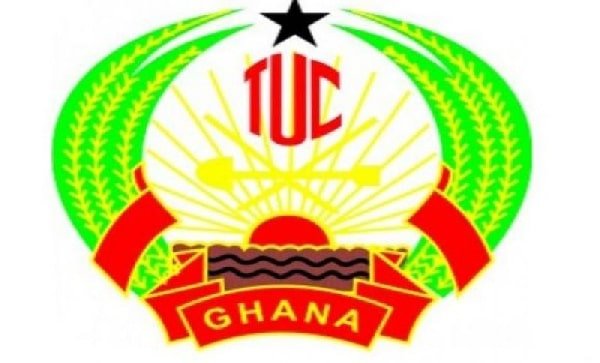Base pay meeting ends inconclusively for 7th time between Govt and Organised Labour

For the 7th time, the base pay meeting between the government and organized labour has ended inconclusively. The major bone of contention causing the negotiations to prolong without the expected result is the demand for a 60% increment in base pay on the single spine salary structure demanded by organized labour since the commencement of the negotiation.
Both parties have held on to their entrenched bargaining position, hence the failure to reach a consensus on the proposed percentage.
Organized Labour explains that the demand for a 60% increase is due to harsh economic conditions in the country and are not ready for any things less than 60% per cent.
In an interview to clarify the issues, the Deputy Minister for Employment and Labour Relations, Bright Wereko-Brobby, explained that “since the beginning of the year, this has been our first meeting, and so we recapped what we have been doing. We have both decided to come tomorrow Wednesday, January 11, 2023, to conclude our negotiations. We are working very fast. Tomorrow, God willing, we will share any information that will come up”.
On the issue of whether the government will pay arrears, Mr. Wereko-Brobby did indicate that, when all the issues are finalized, the government will take steps to do what is required by law.
Organized labour has remained resolute with its call for a 60% upward review of salaries for public sector workers since negotiations started in 2022.
In a related development, the 15% Cost of Living Allowance, which was introduced last year to cushion public sector workers against economic hardship, expired in December 2022.
In a report filed during the Joy News’ AM Show, Dr. Frank Serebour, the President of the Ghana Medical Association (GMA) indicated that public sector workers were not expecting the government to pay the Cost of Living Allowance in January 2023.
READ: Will Govt Workers Receive 15% Cost of Living Allowance in 2023?
This means public sector workers will see their incomes dip by the 15% COLA they had enjoyed from September 2022 to December 2022.
“The issue of COLA has not even been discussed and as we speak, January, essentially COLA will not be paid because we have not agreed on the fact that COLA should be paid because COLA was supposed to end in December.
READ: MoE announces SHS reporting date for 2022 BECE graduates
So the 15% will go off and if we are not able to conclude, that’d essentially mean that salaries of public sector workers will see a 15% dip, so we need to conclude,” Dr. Frank Serebour said.
 Education Minister unveils new uniforms for basic schools
Education Minister unveils new uniforms for basic schools  Vitting SHS student mercilessly caned for leaving dormitory late
Vitting SHS student mercilessly caned for leaving dormitory late  Supreme court declares payment of wages to spouses of President, VP unconstitutional
Supreme court declares payment of wages to spouses of President, VP unconstitutional  Pay your bills now or we’ll disconnect you – ECG workers warn Osei-Mensah
Pay your bills now or we’ll disconnect you – ECG workers warn Osei-Mensah  You can contract gonorrhea (gonococcal conjunctivitis) in your eyes if you do these 3 things
You can contract gonorrhea (gonococcal conjunctivitis) in your eyes if you do these 3 things  Four more arrested and remanded over train accident
Four more arrested and remanded over train accident  England child alcohol use tops global chart, finds WHO report
England child alcohol use tops global chart, finds WHO report  Leaked intimate video has severely embarrassed me; I’m sorry – Serwaa Amihere
Leaked intimate video has severely embarrassed me; I’m sorry – Serwaa Amihere